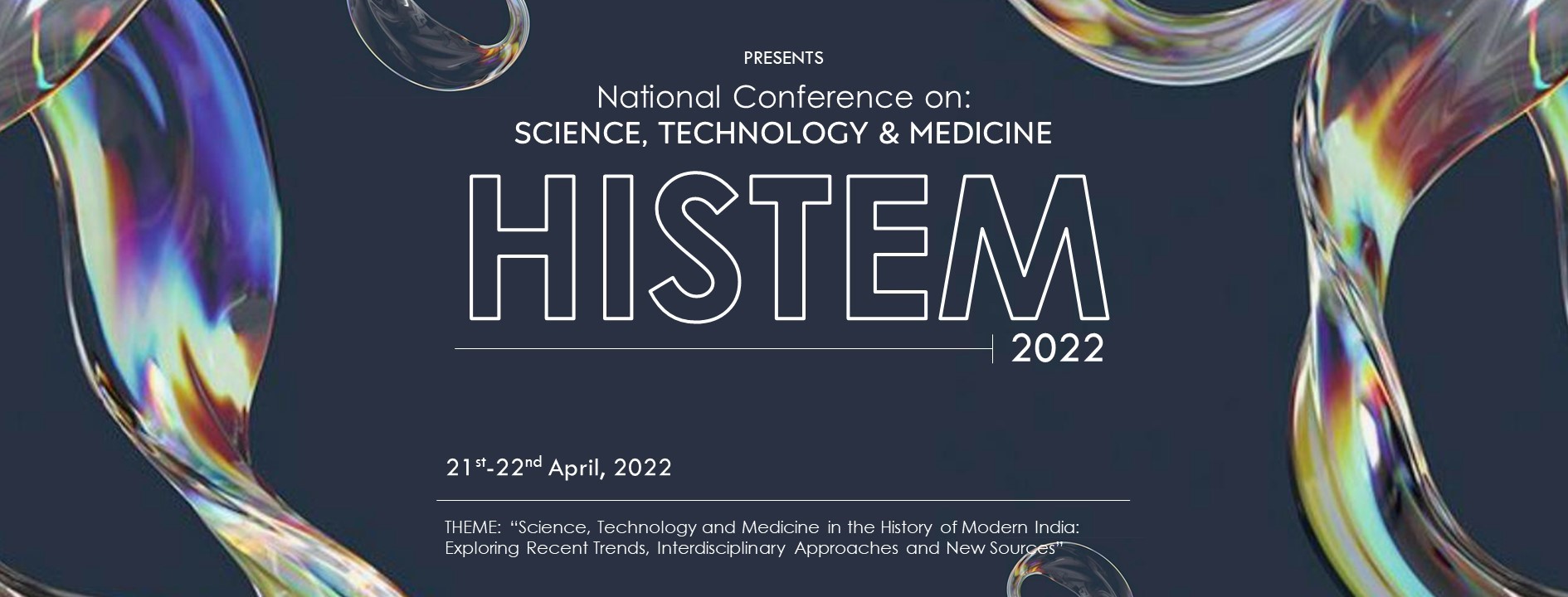

The proposed conference on histories of science, technology and medicine in India will build on existing historiography and seek new ways of writing the discipline’s histories. The conference aims to recover the specificities of the Indian experiences of science, technology, and medicine by exploring a gamut of case studies on related topics. It will critically engage with both intellectual histories as well as practices of techno-scientific and medical research. While the presenters will delve on a range of topics on techno-scientific and medicinal research, including histories of institutions, individuals, and instruments, it will also bring to focus other lesser studied topics, such as histories of material cultures, private corporations, and research funding patterns, history of philanthropy, and diplomatic history. The temporal focus of the conference will be on modern India, covering the colonial and post-colonial period. But the conference does not intend to frame histories of science, technology, and medicine in terms of binaries of colonialism and nationalism as recent research brings out limited nature of the control exercised by any form of governments in the use of science, technology, and medicine as a ‘tool’ to fulfil all its ambitions. Rather, the goal is to find out what roles the process of state formation, modernisation, Cold War politics and the associated social, political, economic and cultural contexts played in influencing the trajectory of techno-scientific and medical research. Exploring the twin themes of ‘agency’ and ‘denial’ is an important goal of the conference. The papers will seek out the interaction between science, technology, and its users not simply in terms of acceptance or resistance but how the new artefacts or knowledge gave agency to people of different strata of society. At the same time, it will also investigate how technologies, medical and scientific knowledge came to be denied to members of society in name religion, caste, feminine virtue etc.
Exploring the twin themes of ‘agency’ and ‘denial’ is an important goal of the conference. The papers will seek out the interaction between science, technology and its users not simply in terms of acceptance or resistance but how the new artefacts or knowledge gave agency to people of different strata of society. At the same time, it will also look into how technologies, medical and scientific knowledge came to be denied to members of society in name religion, caste, feminine virtue etc. The conference wants to explore the histories of science and technology with that of medicine not because we believe that they are of similar nature. Rather, the case studies from the respective fields will show how there are thematic overlaps, convergences and diversities when we look at questions of colonialism, modernity, state building, power politics, and agency through the lens of history of science, technology and medicine.
KEY HIGHLIGHTS
WHO SHOULD ATTEND

